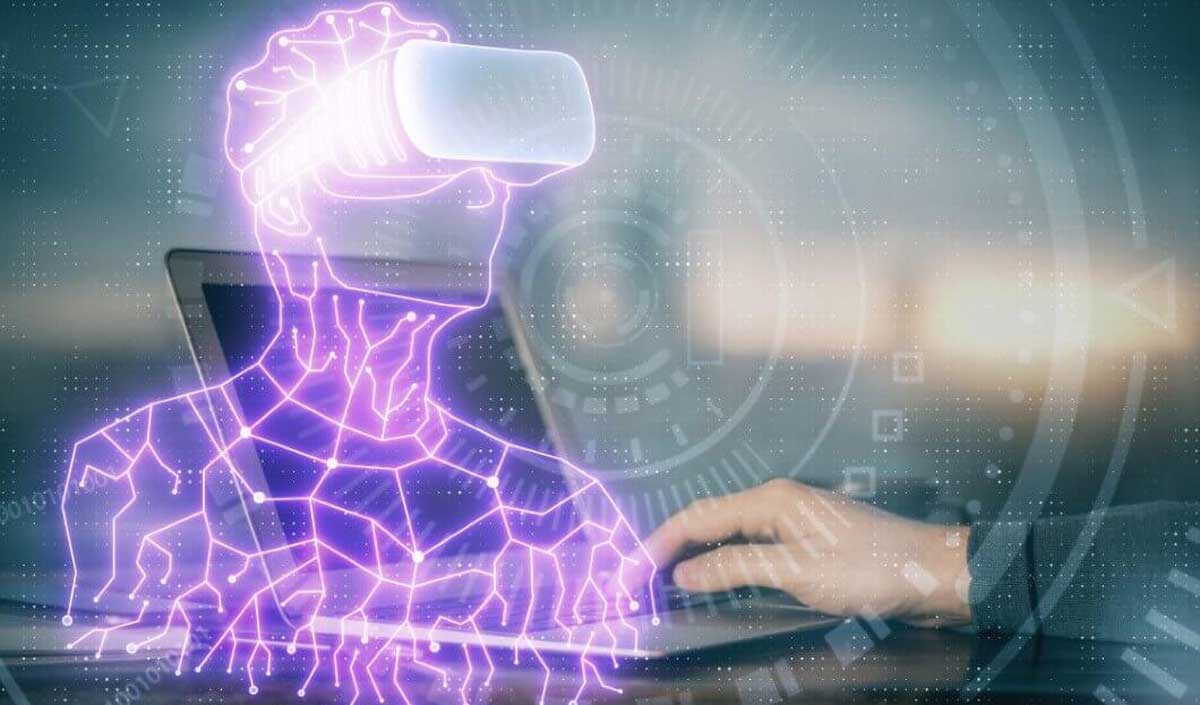Technological innovation is in many ways very beneficial to the sector. With the pandemic driving digitization, guests are becoming more accustomed to technology. The question is what role technologies such as AI (artificial intelligence) can play in the near future.
At a time when the metaverse has taken over the conversation, it’s worth considering the options available to guests. Moreover, in the so-called “recovery year”, harnessing the benefits that AI has to offer in tourism could be revolutionary.
According to a report by consulting company McKinsey & Company, the penetration of artificial intelligence in any area of business has increased by 56% compared to 2019. In other words, it is already a present-day tool with many uses.
Improving customer experience
Immediately after that, the company recommends thinking about all the applications of artificial intelligence. In the case of customer experience, it allows businesses to automate work. Thus, immediate and personalized user requests can be met in real time, 24 hours a day and from anywhere. In tourism, this means taking care of the traveler.
New service channels are emerging, such as video calls or chatbots. After all, the latter are controlled precisely by artificial intelligence, capable of quickly responding to the most common guest problems. The best part is that this technology is able to learn to better adapt. She can even anticipate the needs of each person.
Experts often use as an example a virtual tourist assistant – a tourist assistance system that works through a conversational chatbot based on artificial intelligence with neural networks. Because of this, it provides interaction through simple menus, which are configured using decision trees. In addition, text translation is possible using the natural language processing module.
In addition, he is trained to give more accurate and indistinguishable from human answers. In addition, the system has a multilingual system that allows you to translate from one language to another. At the same time, different neural networks can be enabled for different languages. The difference between these options is that in the second case they need to be trained separately.
Adaptive AI in tourism
Another interesting detail of this system is that it can be integrated into mobile applications or into widgets on the client’s own site. In addition, the design can be customized so that the virtual travel assistant covers the entire travel experience. It accompanies the user from the moment he decides on the destination (indicating suitable routes) throughout the stay, offering leisure options or gastronomic meals.
This tool also uses Big Data to analyze how tourists interact with the system itself. In turn, it can be integrated with the existing virtual tourist office system. Because of this, she can determine that the traveler has not received an adequate response from the assistant. In such cases, the system can be configured in such a way that a real travel agent can communicate with the visitor from the same interface via video conference, call or live chat.
Finally, experts note that AI in tourism allows for a better understanding of traveler trends and behavior. This makes it possible to create special products, as well as optimize processes or predict future visitor actions. In the case of a virtual assistant, this often allows faster resolution of traveler issues while managing data securely.

